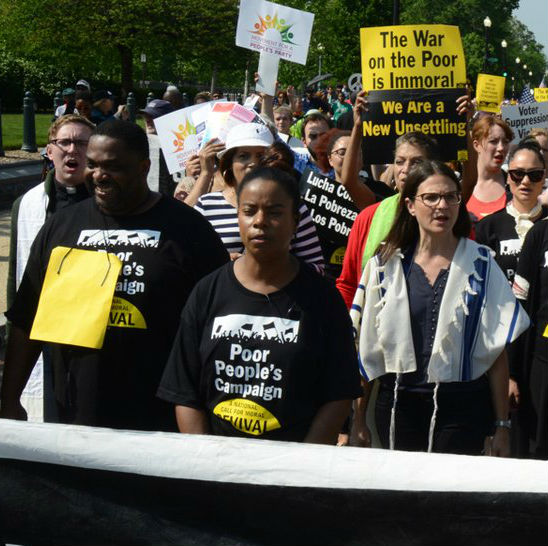
A Place in the Camp
In 2009, Rabbi Stephanie Kolin lobbied at the Massachusetts State House for transgender rights. In her testimony, she shared that she had led a trip to Israel and described the reaction of one of the participants when they arrived at the Kotel, which includes separate sections for men and women: He said through his tears,...
read more








